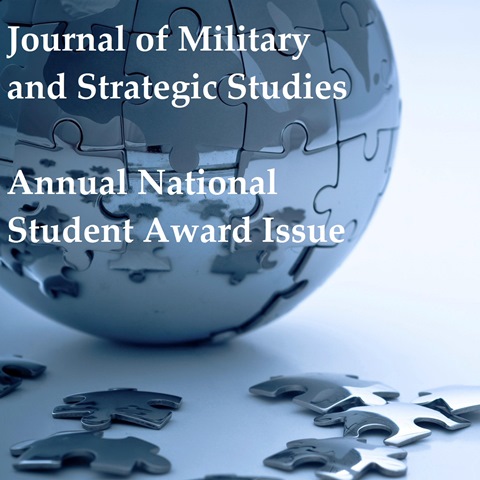Are returning foreign fighters dangerous? Re-investigating Hegghammer’s assessment of the impact of veteran foreign fighters on the operational effectiveness of domestic terrorism in the West.
Abstract
This paper looks at the impact of returning foreign fighters on terrorism plot effectiveness in the West by using a modified version of Hegghammer's Jihadi Plots in the West (JPW) datasets. Counter-foreign fighter policies are designed on the assumption that returning foreign fighters increase the operational effectiveness of terrorist cells and plots. Previous research on foreign fighters have provided ambiguous conclusions on the impact of their return on terrorism in the West. In particular, researchers point to a low probability, high impact scenario where veteran foreign fighters increase the number of casualties for a given terrorist plot. This paper re-investigates these conclusions by using an updated data set. It makes use of logistic and multiple regression analysis using the difference-to-difference approach. It finds that the presence of veteran foreign fighters in terrorist cells do not increase the chances that the plot will be executed and that if the plot is executed, the presence of veteran foreign fighters has no impact on the number of casualties. In the conclusion, it argues that counter-foreign fighter policies are thus designed to prevent a very low threat. In doing so, they create potential issues by preventing the demobilization of foreign fighters. Instead, counter-foreign fighter policies should focus on reintegration in order to utilize foreign fighters to improve intelligence-gathering capabilities and create better de-radicalization programs.Downloads
Published
2016-08-03
Issue
Section
Annual National Student Award Competition



